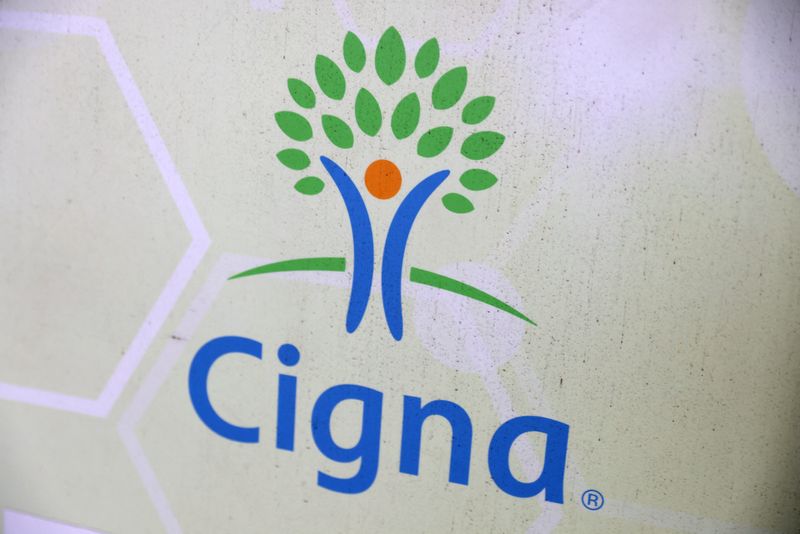By Ahmed Aboulenein
WASHINGTON (Reuters) - Pharmacy benefit managers (PBMs) are in the crosshairs of Republicans and Democrats in Congress but have so far dodged any new litigation or reforms that had been targeted for inclusion in last month's U.S. government budget deal.
Many lawmakers, drugmakers and government officials have pointed a finger at these industry middle men, suggesting they play a critical role in high prescription drug costs in the United States. The following is what you need to know about PBMs.
WHAT ARE PHARMACY BENEFIT MANAGERS?
Pharmacy benefit managers are companies that handle prescription drug benefits for health insurance companies, large employers, and Medicare prescription drug plans - a group often referred to as payers.
The PBMs negotiate fees and volume-based discounts, known as rebates, on behalf of payers with drugmakers and pharmacies; create lists known as formularies of medications covered by insurance plans; reimburse pharmacies by processing claims; and manage pharmacy networks. Many also operate their own mail-order pharmacies. They collect fees from payers and rebates from drugmakers.
Studies, including one from the Congressional Budget Office, show that rebates lower drug costs for the government and consumers. Other studies show a correlation between increases in a drug's list price and rising rebates for the drug.
WHO ARE THE BIG PBM PLAYERS?
Three companies controlled 79% of U.S. pharmacy benefit management in 2022, according to the data platform Statista: CVS Caremark with 33%, Express Scripts at 24%, and OptumRx owns 22% of the market.
The other noteworthy companies by market share are Humana (NYSE:HUM) Pharmacy Solutions at 8%, Prime Therapeutics at 5%, and MedImpact Healthcare Systems with 4%.
These six companies together control 96% of the PBM market.
WHO OWNS THE PBMs?
The top five pharmacy benefit managers are owned by companies that also offer insurance and other healthcare services.
CVS Health (NYSE:CVS) owns Caremark and insurer Aetna as well as specialty mail-order pharmacies, a national pharmacy chain and a physician's group.
UnitedHealth Group (NYSE:UNH) owns OptumRx, insurer United Healthcare, specialty pharmacies, physician groups and express medical and surgical centers.
Cigna (NYSE:CI) operates an insurer, Express Scripts and a specialty pharmacy.
Humana is an insurer and owns a benefit manager, while 19 different Blue Cross Blue Shield plans own a stake in Prime Therapeutics.
HOW AND WHY ARE PBMs FACING INTENSE SCRUTINY
The U.S. Federal Trade Commission (FTC) in 2022 began investigating the top PBMs and their impact on pricing and access to prescription drugs.
The FTC is looking into the fees they charge, how they reimburse pharmacies, clawback of payments to pharmacies outside of their networks, and whether the companies steer patients to their own pharmacies. It is also investigating whether benefit managers favor more expensive drugs that yield higher rebates over lower-cost alternatives.
Lawmakers have introduced about two dozen bills since last year targeting PBMs including at least five with bipartisan support, Congressional records show. Several have passed committees but have yet to come to a vote by the broader Senate or House of Representatives.
Separate bills aim to ban what is known as "spread pricing," a practice in which PBMs charge health plans a larger amount for a drug than they pay out to pharmacies. Some are seeking more transparency under which the companies would be required to provide more information on their non-public negotiations.
Rebates have also been a subject of proposed new government rules. The Trump administration sought in 2020 to make rebates illegal for Medicare prescription drug plans by removing the safe harbor protection that shields rebates from federal anti-kickback laws. The Biden administration delayed the rule until 2023 and Congress further delayed it until 2027.
The Department of Justice is investigating UnitedHealth Group, including the relationship between its UnitedHealthcare health insurance business and its OptumRx PBM unit, according to a February Wall Street Journal report.
